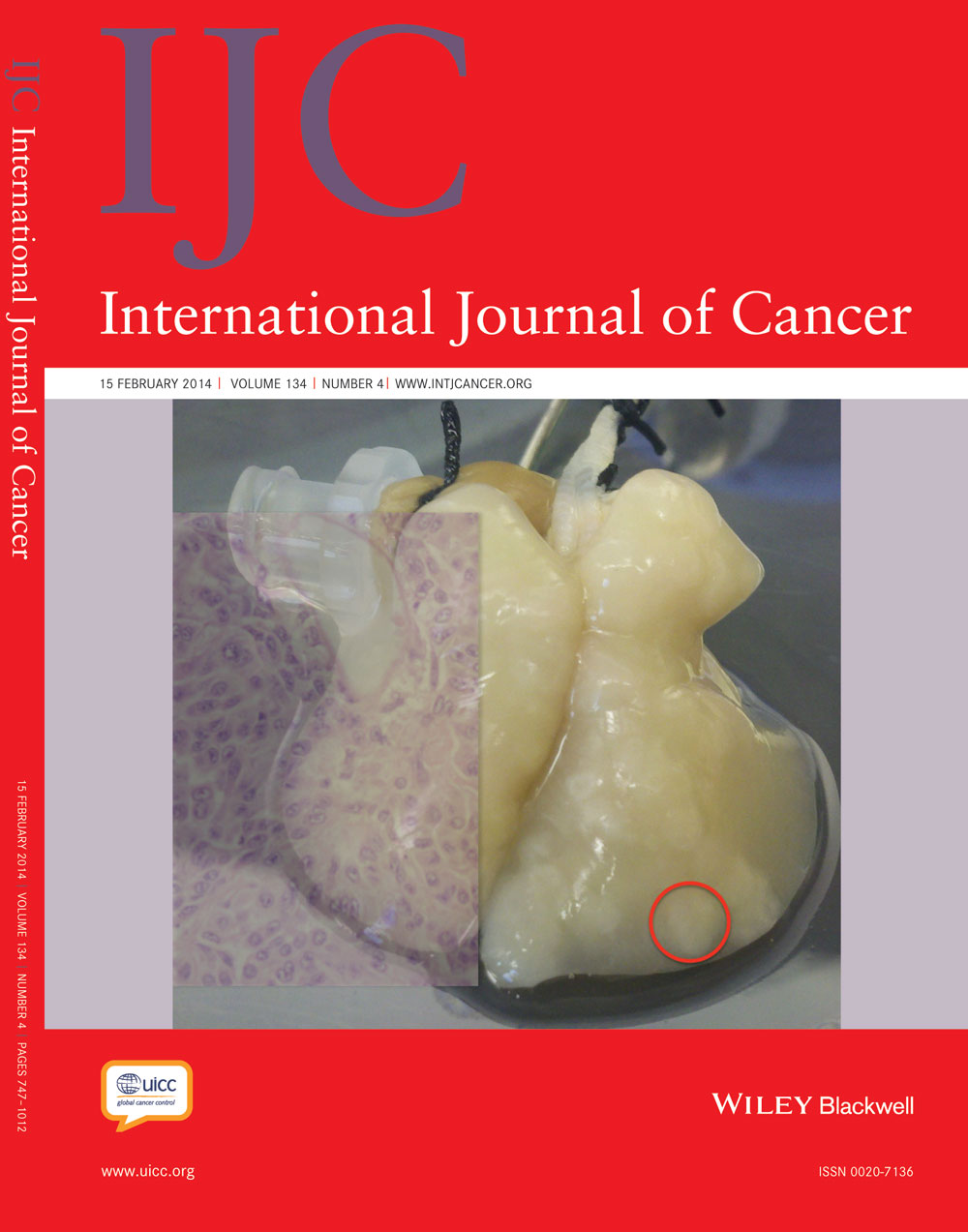Measuring the health-related quality of life and sexual functioning of patients with rectal cancer: Does type of treatment matter?
Abstract
The literature on the health-related quality of life (HRQOL) after rectal cancer is growing, however, a comparison between patients with nonadvanced disease (NAD), locally advanced rectal cancer (LARC), locally recurrent rectal cancer (LRRC) and a normative population has not been made. Data on the sexual functioning of patient groups is also scarce. We compared (i) the HRQOL of patients with NAD, LARC, or LRRC, with a special focus on sexual functioning and (ii) the HRQOL of the three treatment groups with a normative population. The EORTC QLQ-C30 and QLQ-CR38 were completed by 80 patients with NAD, 292 LARC patients and 67 LRRC patients. The normative population (n = 350) completed the EORTC QLQ-C30 and the Sexual Functioning and Sexual Enjoyment scales of the CR38. LRRC patients reported a lower Physical Function, Social Function, Future Perspective, Sexual Functioning and more Pain compared with LARC and NAD patients. Also, LRRC patients had a worse Body image than NAD patients and a lower Male Sexual Functioning than LARC patients. More than 75% of men and 50% of women were sexually active preoperative, compared with less than 50% and less than 35% postoperative. Male LRRC patients had more problems with erectile or ejaculatory functioning and felt less masculine than NAD or LARC patients. Women did not differ on Lubrication, Dyspareunia and Body Image. About 10% of patients used aids in order to improve erectile functioning (men) or lubrication (women). The treatment groups reported a lower HRQOL and sexual functioning compared with the normative population.
Abstract
What's new?
The battle against cancer is physically and mentally taxing for many patients and can lead to declines in quality of life. Here, health-related quality of life (HRQOL) data indicates that patients with locally recurrent rectal cancer (LRRC) score worse on Future Perspective and Physical, Social, and Sexual Function measures than healthy individuals and patients with non-advanced disease or locally advanced rectal cancer. Fewer than 50 percent of men and 35 percent of women with the disease were sexually active following operative clinical courses, and only a small number reported the use of aids to improve sexual function.




